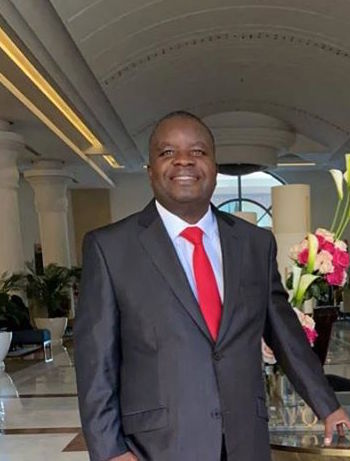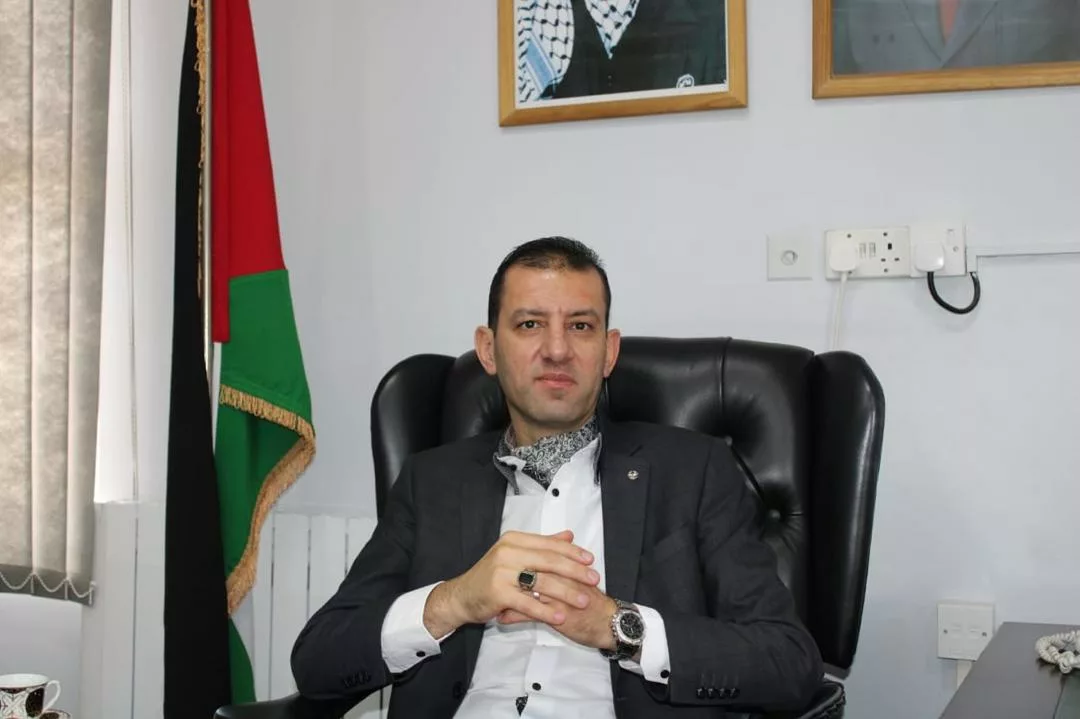By Dr. Tapiwa Mashakada
Zimbabwean Opposition must unite and become more effective in order to influence national affairs and shape the direction of nation-building. Zanu PF alone cannot lead Zimbabwe and transform it into a democratic and prosperous country. Forty years of Zanu rule bears testimony to this fact of incapacity and cluelessness.
Opposition Ruling party, Civil society, Churches, Labour and other social groups must move towards National Convergence by identifying key National Aspirations which bind them all as Zimbabweans.
The MDC formations, in particular, must stop fighting and focus on the will to transform and not the will to power. The first split of the MDC was led by Prof Welshman Ncube in 2005 followed by Adv Tendai Biti in 2014. The most acrimonious split happened in 2018 following the demise of MDC founder, Dr. Morgan Richard Tsvangirai. Adv Chamisa and Dr. Khupe parted ways after violently disagreeing on leadership succession.
Fast forward, on the 30th of March 2020, the Supreme Court of Zimbabwe ruled that Dr Khupe was the legitimate Acting President of MDC-T and that the MDC T must hold it’s extra-ordinary Congress inside 3 months. MDCT then went on to reassert its hegemony and authority over MPs by recalling 4 MDC Alliance MPs, a decision contested by MDCA at the High Court and the matter is still under subjudice.
The MDC A also applied for a High Court interdict to stop further recalls by MDC T arguing that MDCA was a political party. Justice Tawanda Chitapi ruled that the MDC A was not a legal persona. It had no loci standi. This judgement is very controversial but as I have previously argued, court judgements must be complied with.
These Court judgements have deepened the rift between the 2 MDC formations setting in motion a fierce battle for the control of the heart and minds of the MDC MPs and Cllrs. The MDC Alliance unwittingly withdrew MPs from Parliament only to reverse that decision amidst mounting defiance by the MPs. The battle to control assets has begun with the MDC T taking over the symbolic Harvest House (renamed Morgan Richard Tsvangirai House).
These internecine fights are not necessary as they can only weaken the opposition and make Zanu PF look like an angel. The opposition is cannibalizing itself and reversing the gains of the last 20 years all because of power struggles and struggles within struggles. In my view, ending the conflict will require leadership.
The starting point is to set aside the mistakes committed by Dr. Khupe and Adv Chamisa of holding 2 different Congresses instead of one extraordinary Congress soon after the death of Morgan Tsvangirai. The SC judgment has given that opportunity for the MDCT to hold one Congress and choose its Leader.
This is the only way to rebuild and unite the party and put it in good stead for the 2023 elections. Unity is key in a national democratic struggle. A divided MDCT will be too weak to defeat Zanu PF come 2023. I speak of 2023 fully aware that the 2018 election results are still hotly contestable, thereby raising legitimacy issues on the part of ED. But most analysts do not explain how Zanu PF got a two-thirds majority while at the same time “rigging” and “stealing” the Presidential vote?
The truth is that, whether the 2018 elections were rigged or stolen, it is all now water under the bridge. The Constitutional Court put the matter to rest and ED was sworn in as Head of State. He is now the Head of State, defacto, and Dr Jure.
The Opposition must unite and restrategize on how to stop the alleged rigging in 2023, how to win the rural vote; how to make ZEC independent; how to level the playing field, and how to demilitarize the elections, among other key reforms.
This is where National Dialogue and cooperation is needed. The Opposition will not cause electoral reforms without dialogue. The Opposition must forget that it can overrun the ruling party by some imagined revolution as happened in Sudan or the Arab Spring. It won’t happen in Zimbabwe. The Zimbabwean question is complex.
Zanu PF enjoys support from SADC and the AU, which the opposition does not have. Sanctions are crumbling like a deck of cards. The only enemy of Zanu PF is itself. Zanu PF is mired in the past and cannot reform and modernize itself as a democratic party. Yet Zanu PF remains a key player in the body politic of the country.
Zanu PF has created social bases since 2000. It has created almost 1 million voters from the A1 and A2 farmers; about 500 000 voters from artisanal Miners, almost 300 000 from Peasants who depend on food handouts, agricultural inputs, all under the watchful eye of Traditional Leaders and about 200 000 informal sector activists.
So clearly Zanu PF still has a support base in its own right. Add the power of incumbency over State institutions and the leveraging of the National purse to Zanu PF’s advantage, one can see that the opposition faces a huge monster. Hence the need for the opposition to unite and stop fighting. The enemy is Zanu PF.
But a new national narrative must now be agreed by all political parties in Zimbabwe, in between elections. Parties must agree to pursue a common national agenda rather than remaining in an election mode right from the morning after the results. In my view, there should be National Convergence on 4 critical national issues in order to move the country forward. The 4 critical national issues are the following:
(1) Peace and Security
In Zimbabwe, any transition must ensure there is peaceful change with stability. In this regard, we in the MDC must realize that any change not underwritten by the military will be hollow. The new normal for the Opposition is to accept and acknowledge the historical chapter of the liberation struggle and those who sacrificed their lives to liberate the country.
Yes, the liberators of yesterday might have turned themselves into oppressors of today but this should not obliterate the fact that any political party which does not locate the liberation struggle within its ideology, in theory, and practice, will find it very difficult to get the support of the military. The other lesson is that opposition parties in Africa must embrace Pan-Africanism and Afro-Solidarity.
So the liberation struggle and it’s Pan Africanist philosophy is a peace and security national issue. Without planning for peace and security in its strategy, the opposition will fail to turn popularity into power. And this has been the Achilles heel of the opposition.
(2) The second issue for National Convergence is Sustainable Development. Zanu PF policies have ruined the economy which has been characterized by high inflation, high budget deficits, macro-economic shocks, weak growth, corruption, unemployment, the collapse of health services among other economic ills.
These economic challenges are an indictment on Zanu PF which should take full responsibility for the economic collapse. There has to be a national convergence on economic reforms based on an underlying post-Covid economic stimulus package. Rescuing the economy is no longer a Zanu PF only affair. It must be everyone’s business. The Zimbabwe crisis is both political and economic. Both problems have to be solved simultenously.
(3) The Third National Issue is Governance. Zimbabweans must address the deficits in the area of Governance. For example, things like, democracy, human rights, rule of law, credible elections, all need to be addressed to make Zimbabwe a well-governed country which is subjected to the Peer Review Mechanism of NEPAD.
(4) The Fourth and last National Convergence issue is the question of International Relations. Civil Society, Opposition, Non-State Actors and the State must work together and define our International Relations based on our Strategic National Interests.
Conclusion
In the UK and USA opposition and ruling parties fight but they also cooperate on key national issues. The opposition in Zimbabwe must take a cue from that. It can’t just be a matter of “them versus us” all the time.
If a united opposition could emerge after the Congress ordered by the Supreme Court, the MDCT would stand a better chance to rebrand and redefine it’s role on key national issues and be able to raise its national and international profile. A united opposition can be a force to reckon with and can even defeat Zanu PF against all odds. Chamisa and MDC Alliance must go to the extra-ordinary Congress. It is mandatory and not optional. Let the people go and decide who should lead the MDC.
Going forward, the people of Zimbabwe are yearning for a strong, united opposition that is not compromised or captured by Zanu PF and one that plays an important role in national affairs, in between elections. The scorched earth type of politics should be a thing of the past.
On its part, Zanu PF must not privatize State Institutions. Zanu PF must not abuse it’s a two-thirds majority in Parliament to tear down the Constitution. Zanu PF must not continue to behave like a terrorist organization encamped at State House.
The recent alleged abductions of MDC activists do not have a place in a modern democratic Zimbabwe. Zanu PF must address trust issues and stop this habit of being always in an election mode. Zanu PF must stop abusing State Organs, especially Security organs to destabilize the Opposition.
Only genuine National Dialogue and national convergence can pull Zimbabwe out of its economic morass.
I have heard about the National Transitional Authority. It is a proposal that is on the table which requires interrogation. Anything that can unite Zimbabweans must be debated and critically analyzed.
National Convergence requires trust. The citizens do not trust the government. This is the biggest stumbling block to Nation Building.
Zimbabweans must begin to find each other and rebuild the country as one people. The diaspora can play a catalyst role by mobilizing resources for the development of the country and pushing for political and constitutional reforms like the right to vote and the right to dual citizenship. The government can actually be encouraged to set up a Ministry for Citizens and Diaspora Affairs.






